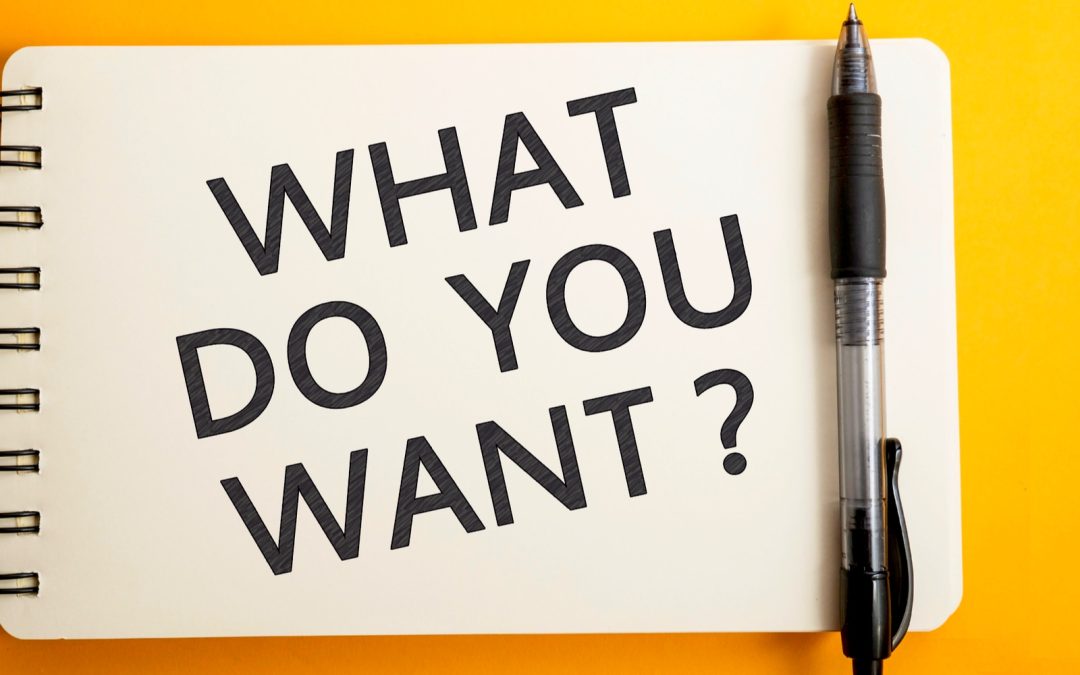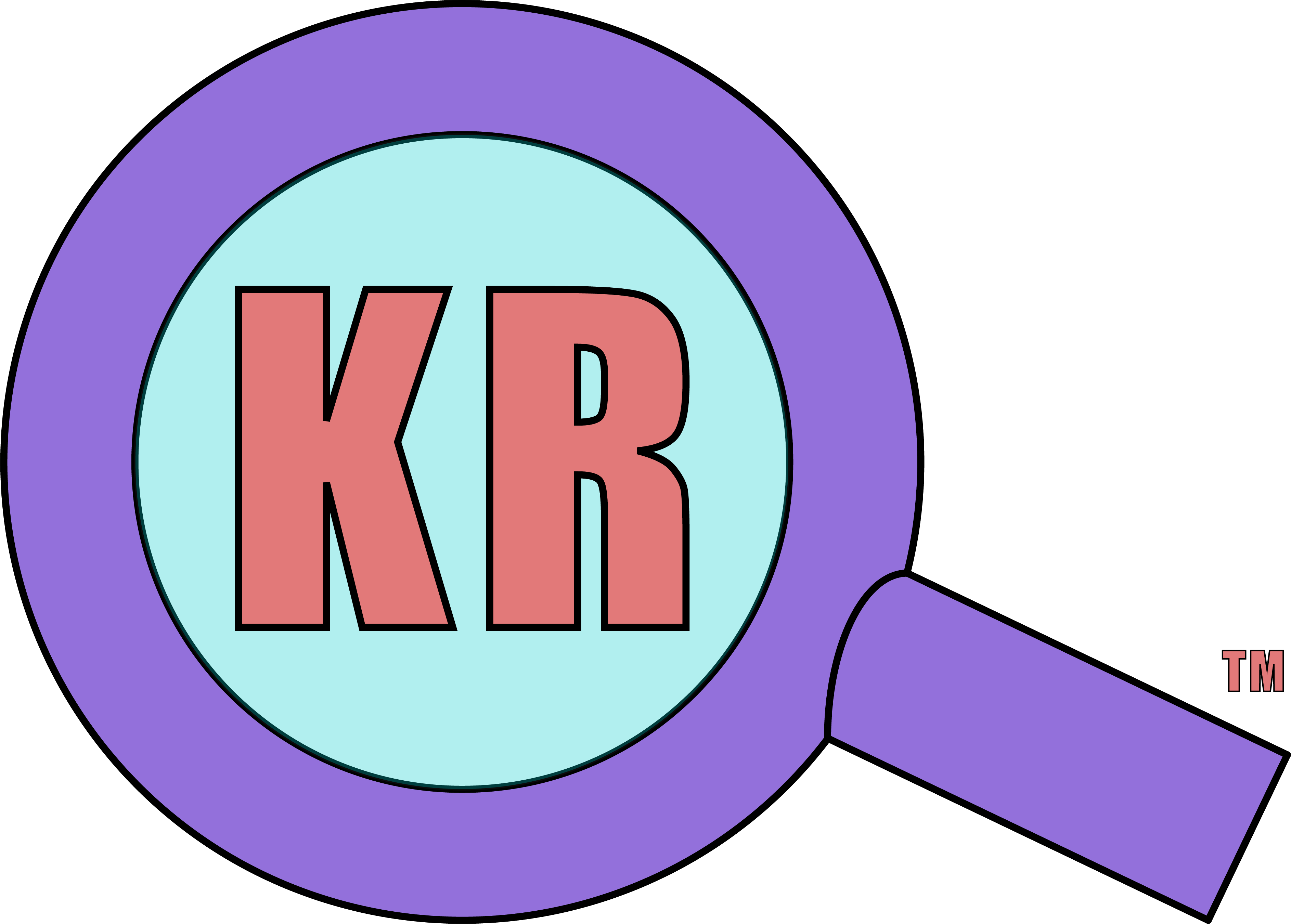
by Keri Rozansky | Feb 25, 2026 | Blog
I don’t know why I’m doing this. Blogging…that’s what this is, right? Blogging isn’t my thing. And why the hell do you want the point of view of someone who’s not even connected to any of this? I washed my of Pam and Brad Moore the moment Pam started her…nevermind.
So. What are blog posts about? I see when other people have been asked to guest post they mostly talk about themselves. I’d rather not. There are things that shouldn’t be public about me, so I’m invoking my right to remain silent.
I’m sure that’s not what the host of this blog wanted, but that’s what they’re getting.
Sincerely,
Francis Stubens

by Keri Rozansky | Feb 18, 2026 | Blog
Artificial Intelligence (AI) has taken over, whether we like it or not. There are plenty of jokes about why AI can’t do our more mundane tasks like laundry or dishes but instead helps make art like music, visual art, and books.
But AI has been added to more mundane tasks – your fridge can tell you when you’re low on milk or fruit and add it to your grocery list. Alexa and Siri have been able to help you search the internet, and even now can help you adjust the light and temperature in your home when you’re on vacation in another state. AI is used in manufacturing, construction, and a number of other industries.
I told myself I would never use AI for writing an end product, and I haven’t. I won’t take away my own job/ But it’s a good tool to use as a starting point. Emphasis on tool. Anything you read by me will never be generated with AI. What you see on the page is all my doing.
AI is meant to do the things we can’t do ourselves. One of the reasons it’s taken me so long to publish a first novel is because I told myself I didn’t have the time. It took too long to write, outline, edit, rewrite, edit, rewrite…and on and on. Method held me back as well. I think in the big picture and then break it down into steps.
When I started to write the short story that would become my debut novel, I did what many in the writing community lovingly call “word vomit.” I sat down and I wrote what came out. I started with the goal of telling a complete story with a beginning, middle, and end. Only after I felt I had it all down did I go back and edit, add, delete, reword, and refine the final product into something I felt comfortable with other people reading. But I know I missed things. It didn’t win the competition I entered.
There was no outline, no direction or map on how to get there, just me, my computer, and an idea. I’m not quite sure where the drafts and final product of that short story are, and I’m not sure I want to know.
Writers are already using AI tools, even though they’ve never been labeled as AI. I use a writing/outlining tool that helps me see everything chapter-by-chapter, including ‘minor’ details like the first time the main character discovered what may have been the gun used in the crime. This software has a function where you can choose to ‘create a sequel.’ It automatically imports all my data character, location, and other world-building factors into a new file. The program cut out the need for me to re-enter all that data by using AI.
Those are just a couple examples of how writers have been using AI before we started calling it AI. AI isn’t ‘on the rise,’ AI is finally being identified and labeled.

by Keri Rozansky | Feb 14, 2026 | Blog
Happy Valentine’s Day!
Will you be my Valentine?
Valentine’s Day doesn’t have to be about romantic love. Tell your friends, your family, or that other special someone how much you care and appreciate them.

by Keri Rozansky | Feb 11, 2026 | Blog
As my debut sits, waiting to be proofread, my creativity continues to flow. My next book is just in its infancy, but research and outlining are in full swing on the way to a completed first draft later this year. For a while, I know there will be a mountain of research as my detective character solves a variety of cases from murder to kidnapping and much more.
This upcoming project features characters who are under constant security surveillance due to who they are. I’m not high-profile or someone in danger in any way, so this is an area I need to look into further. One of the most interesting things I’ve found so far is that personal security doesn’t have to apply to only high-profile celebrities or executives. People who often travel to dangerous areas, have been victims of domestic abuse or other crimes, and more are ‘regular’ people who may want to consider personal protection.
What does a personal security detail do? Just as in fiction, they’re on call or otherwise available 24/7 for the protection of the individual. They do more than just surround the person at all times to keep them from bodily harm. They’re trained in advanced security and defense tactics, surveillance detection, conflict de-escalation, and even emergency response. Their level of situational awareness quickly assesses potential dangers in any space and allows them to adapt to the situation to ensure a person’s safety.
In my new work, a personal security team is an absolute necessity for this character. But it’s a pressure the character is fed up with and would rather avoid. What sort of peril will it bring?

by Keri Rozansky | Feb 4, 2026 | Blog
Social media can be a great tool for a writer. This blog helps me reach you to let you know what’s going on. Sometimes it’s about progress on my book (don’t worry, it’s coming soon!), progress on another work I’ve started, writing-related things like workshops I’ve attended, or just a peek into my writing process or life.
What kind of topics would you like to see more of? Let me know on Facebook!
How do I know what to write about? The short answer: I don’t always know. I try to keep things fresh and not repeat myself too much, and also bring some cheer by wishing you Happy New Year, Easter, or other special day.
I try to plan my content for the upcoming month in the last days of the prior month. This post, for example, is being written during the last week of January, to be published on the first week of February. The following posts will be about topics I want to write about, but also know you all have found interesting.
My rambling is trying to lead up to telling my budding writer followers to write what you want. The audience will come. That audience may start with supportive friends and family, and branch out from there to friends of friends and eventually a wider audience of captive readers interested in your subject matter.
But none of it will matter unless you care about what you’re writing. The writing market moves quickly. Werewolves and vampires and magic were hot topics in the fiction space for a while. But books take time – it can be years from the time an author outlines and writes a book to when it’s finally picked up by a publisher or the author decides to self-publish. Following a trend isn’t always easy, or advisable.
“Write what you know” – what do you know about? Put a character in that scenario and watch it play out. Did it work? If so, great! You have a story idea that can be fleshed out into a short story or even novel-length book. My upcoming debut though? I didn’t know much about it. The lack of knowledge didn’t stop me because I wanted to write it.
Another big piece of advice I’ve picked up along the way is to write what you want. That’s how you care about it. If it’s not what you want but what you think the market wants, you’ll be disappointed when it comes time to publish and everyone is sick of vampires. This is true for the little nuances that make up your story’s world as well. Do you need a way for a character to have their cell phone but it not be traceable to their location? Do you have a character who needs to feel an emotion not ‘typical’ for an age group or gender (boys don’t cry! But they do when their best friend is hurt or killed).
As long as you write confidently and in the way you want, your reader will follow along. Confidence comes from believing in what you’re doing. So, write what you want. The audience will follow.
Are you a budding writer? What do you want to write about? Let’s talk on Facebook!





